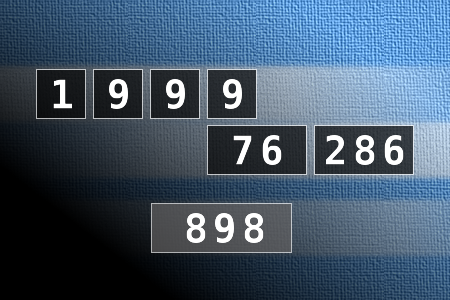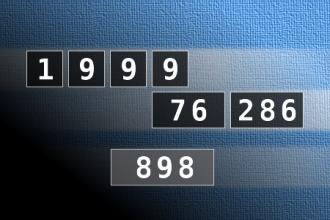Calculate the number 898
NUMBERMANIA: Calculate the number 898 using numbers [1, 9, 9, 9, 76, 286] and basic arithmetic operations (+, -, *, /). Each of the numbers can be used only once.Correct answers: 0
#brainteasers #math #numbermania

I won’t beg someone to love me
I won’t beg someone to love me. I learned long ago that there is no use in hopeless pleas of trying to make someone stay. I am too valuable to chase someone who does not know my worth and to keep waiting for someone who doesn't acknowledge my value. I want to be loved unconditionally. I shouldn’t have to fight so hard for it. I am worth more than that.

